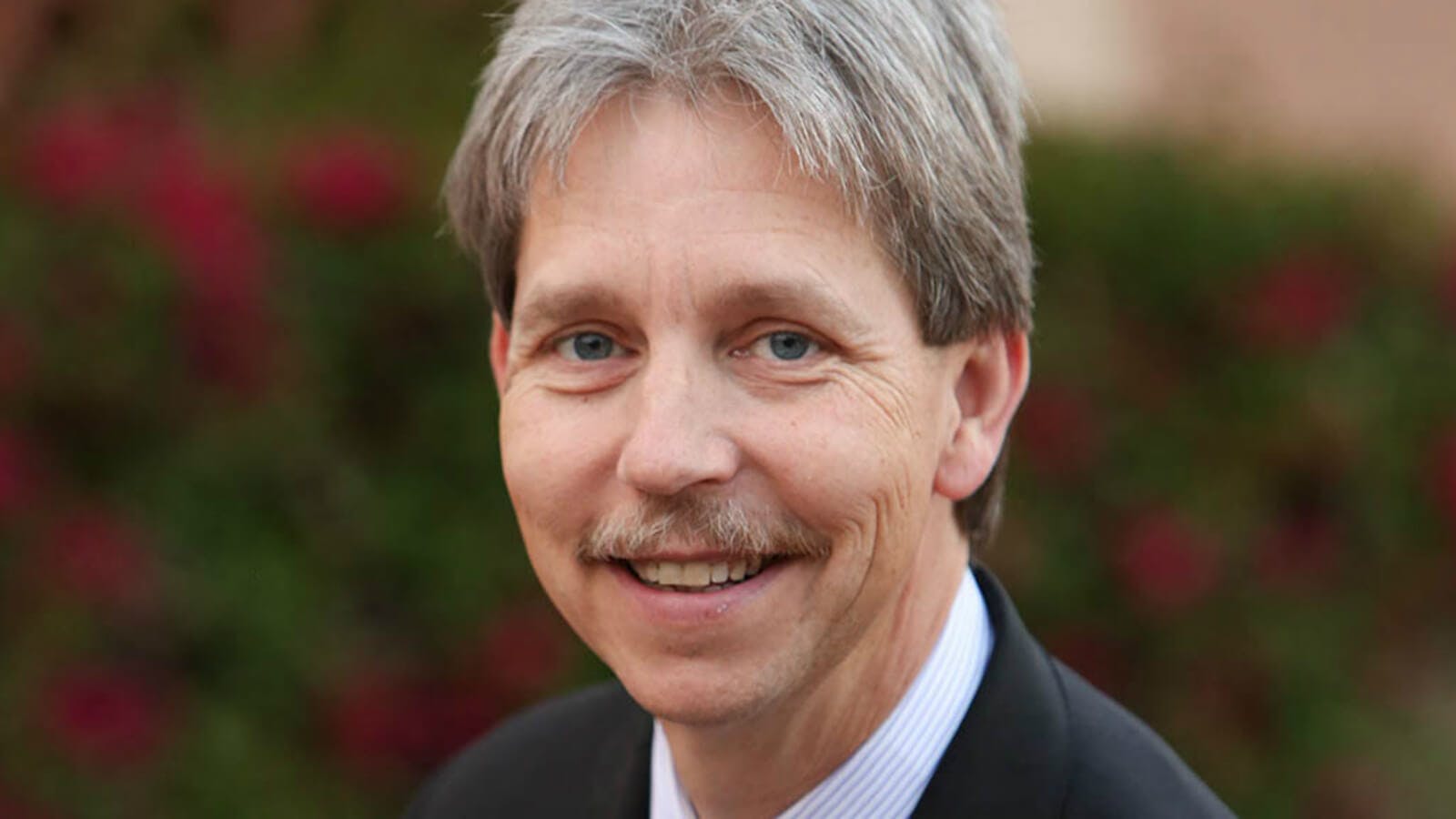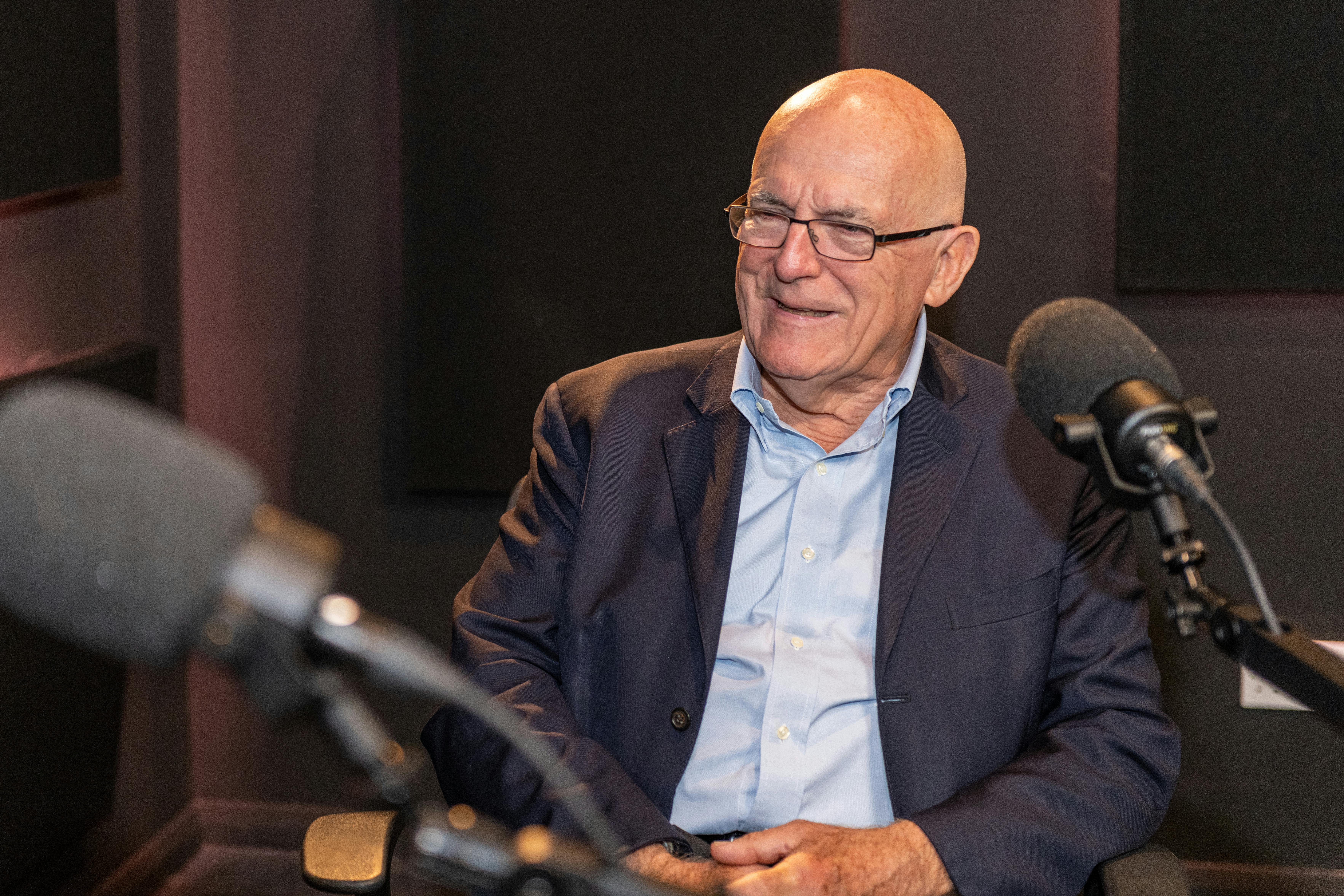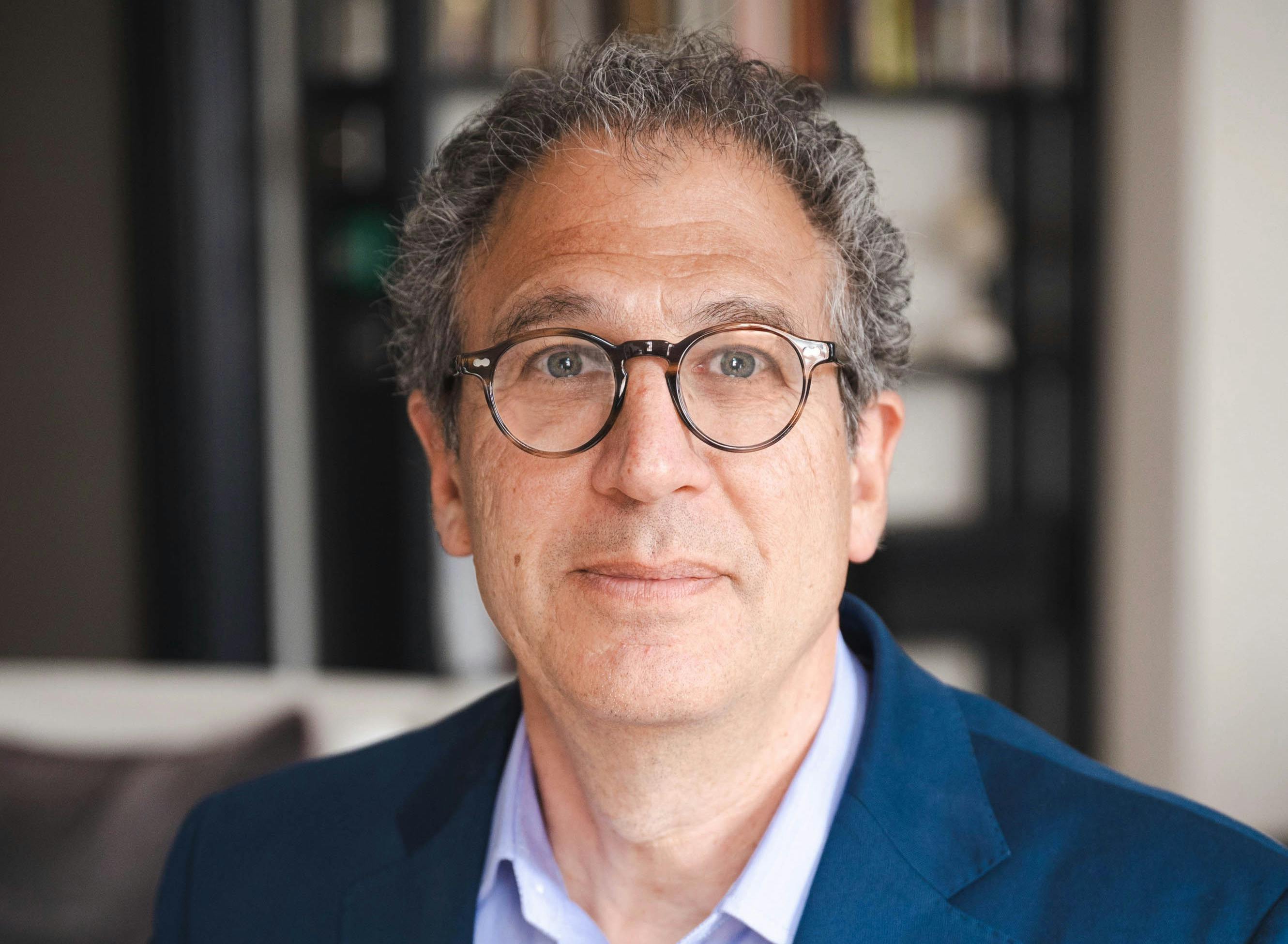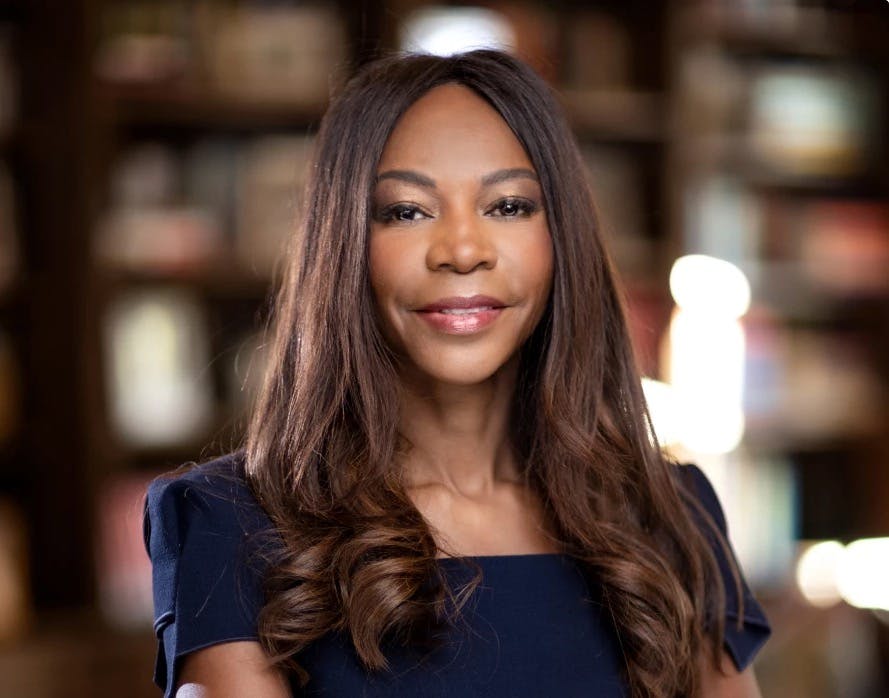
How to transform a regional operator into a global player | Doug Braun, CEO of BluJay Solutions
Doug Braun, recently appointed board member of Compass Sales Solutions, an Eden Capital backed business providing sales enterprise resource planning (ERP) solutions, shares his insights on private equity buy-and-build strategies and what makes a good investor.
Doug Braun has over 25 years of experience in the software industry. Currently he is the CEO of private equity (Francisco Partners and Temasek) backed transportation supply chain software provider, BluJay Solutions. He has helped the firm grow significantly in the last three plus years with a buy-and-build strategy to over 7,500 customers across 100 countries, processing over 1.9 billion transactions every year. Prior to this, he served as the Chief Executive Officer of International Business Systems and was President of Global Operations at JDA Software Group, Inc. Previously he was an Adjunct Professor of Mathematics at Mount Mary College. He is in the process of working on a doctorate on the effectiveness of Board of Directors in Private Equity organisations.
Through Nurole he took on his first board role working on an ambitious buy-and-build strategy with Compass Sales Solutions, an Eden Capital backed business providing sales enterprise resource planning (ERP) solutions to the sales teams in the Office Equipment space in the US.
What have you learned from turning a regional operator into a global business?
Businesses are always more complex than they look from the outside. However, it’s only when you get on the ground that you can really get a feel for the organisation. If I could do it again, I would do it faster. One of my mentors once told me “you can be slow and painful” or “fast and painful” but it’s always going to be painful, so it’s up to you to choose whether it’s fast or slow. We did it relatively quickly - setting up global support, global product development etc. It took ten months, but really it could have been five had we not been slowed by challenges that needed to be worked through.
It’s important to run these processes in an inclusive fashion, but with the benefit of hindsight, we could have been more assertive, run more of the processes in parallel and been clearer about pursuing what was best for the company rather than the best process. You hire good people and take input (on HR, Legal etc.) and they provide feedback, but you have to work out how to listen without letting it distract you. It’s a learning I have encountered more than once!
Is there a secret formula for a successful private equity backed buy-and-build strategy?
I continue to learn with each acquisition, but having size and scale is incredibly helpful because it means you can invest in having the key people and infrastructure. We have built a team we call the “centre of excellence” who do all our due diligence processes and own the road map for the integration of each acquisition. They take the keys of the new acquisition on day one and have ninety days to give us back the keys to a fully integrated organisation (systems, business cards, e-mails etc). They have developed a process built around a checklist that they work through for each acquisition (currently it has 600 independent tasks broken down by business unit, professional services, hosting etc.) which is constantly updating as we are aware we don’t know everything and each acquisition has unique aspects.
We are upfront in telling the management teams of the companies that we acquire that they need to shout if our process is not working for them - we are clear that we want to give them the benefits of our scale but don’t want to break them.
How do you manage that level of change?
The key is to foster the right mindset in the organisation: you need people to become competitive not amongst each other but with the outside world. You must always under promise and over deliver and share data so people learn to trust you. It’s also critical to over communicate: tell people what’s happening in lots of different ways because people learn in different ways (using FAQs, powerpoints, sharepoint sites and videos, with senior executives as well as junior team members), because you need people who can communicate on a peer to peer basis as well as with the leadership team.
It’s always very personal and to an extent you have to do it one person at a time. At the same time, if individuals don’t embrace it, life is short and you have to move people on. I always tell people not to waste a day working at a company you don’t believe in.
What are the hallmarks of the best private equity investors you work with?
I have been fortunate to work with a range of private equity investors. The best never try to be operators. What I really love about Francisco Partners is that they are experienced software investors so I can go to them and ask them for insights (they own 90 players in the space who they can connect me with). It stops me from having to learn every new experience for myself. When a private equity group is global, has size and scale, and is sector focused, that’s always incredibly helpful. The acquisitions we have done have often come from the owners. They take care of the financing and banking relationships, which is a major help. Critically, they are not in a hurry - we have been invested for six years now and we are still running the business for the long term.
What has characterised the best boards you have worked with?
The best are those that are a valuable sounding board. My current board comprises the majority investor (Francisco Partners), the minority investor (Temasek) and one independent director who I was keen to bring on board as he has strong experience in the European market. You can discuss things with the board that you can’t discuss with the executive team. It’s particularly useful having an independent board member because I can speak in confidence with him or her to sound out new ideas before they are ready for discussion at the main board.
When have you got it most wrong professionally and what did you learn?
I could be here all day with the mistakes I have made - I have hired the wrong people, invested in partnerships that haven’t gone well, invested in geographies and acquisitions that didn’t work out well. The important thing is that I learned from those mistakes. There is nothing wrong with being wrong - it happens all the time. You just have to make decisions and learn from being wrong so you don’t have to repeat them. I’m expected to do well in my job, but I often learn the most from analyzing my errors.
What’s the best professional advice you ever received?
I got advice from a mentor who said celebrate and personalise the successes wildly. He used to do handwritten notes to celebrate anniversaries. You should never lose track of the fact that you work for all the families in your company. I’m not as good as he was as I don’t do personal cards, but I do send e-mails! My ultimate value add is getting employees excited, which makes our customers excited.
Your Nurole Experience
How did you hear about Nurole?
I wanted to get a board role to further my own personal development. My investors offered me positions on the boards of their other portfolio companies but I wanted to find something under my own steam. I found Nurole while searching the internet. When I made my first application I wasn’t sure if I was one of ten million candidates, but I got a response from that first one and thought “wow, that works!”, so I started to invest more time in my applications.
How have you found the experience as a member?
There are a wide range of opportunities - all the people I have met, the opportunities and the interactions have been top-notch. But everyone has to do their own due diligence. Nurole is where I focus 98% of my board activity - it makes life so simple.
About You - 10 Question Quick Fire
3 words the person who has worked most with you would use to characterise you?
Caring, empathetic, sincere.
Favourite book?
Anything written by Tom Clancy.
Favourite restaurant?
George Webb, Wisconsin, US (great hamburgers!)
Favourite quote?
Not a quote, but I am inspired by Abraham Lincoln who learned from his failures - he ran for office numerous times and finally got it.
Best ever holiday?
Two and a half weeks with twenty of the Braun family on a safari in Tanzania sleeping in tents!
Greatest passion?
Golf and bringing out the best in people.
Favourite app?
British Airways, United and Delta apps - they keep my life manageable.
Professional achievement of which you are most proud?
I am proud of being a leader for an organisation and being responsible for the families we support.
When does your alarm go off and how many hours of sleep do you have on average?
Typically an hour before my first call (tomorrow will be 2:30am!) but usually 4:30-5:00 after four hours of sleep.
Best idea for a $10,000 investment?
Invest in experiences for yourself and your family - it doesn’t pay in financial dollars but it’s the best use of our resource. We just took twenty two of the Braun family (grandchildren, nieces, nephews) to New York City in an experience that will pay forever.
If you are looking for non-executive director roles, Nurole's innovative recruitment platform can help.






